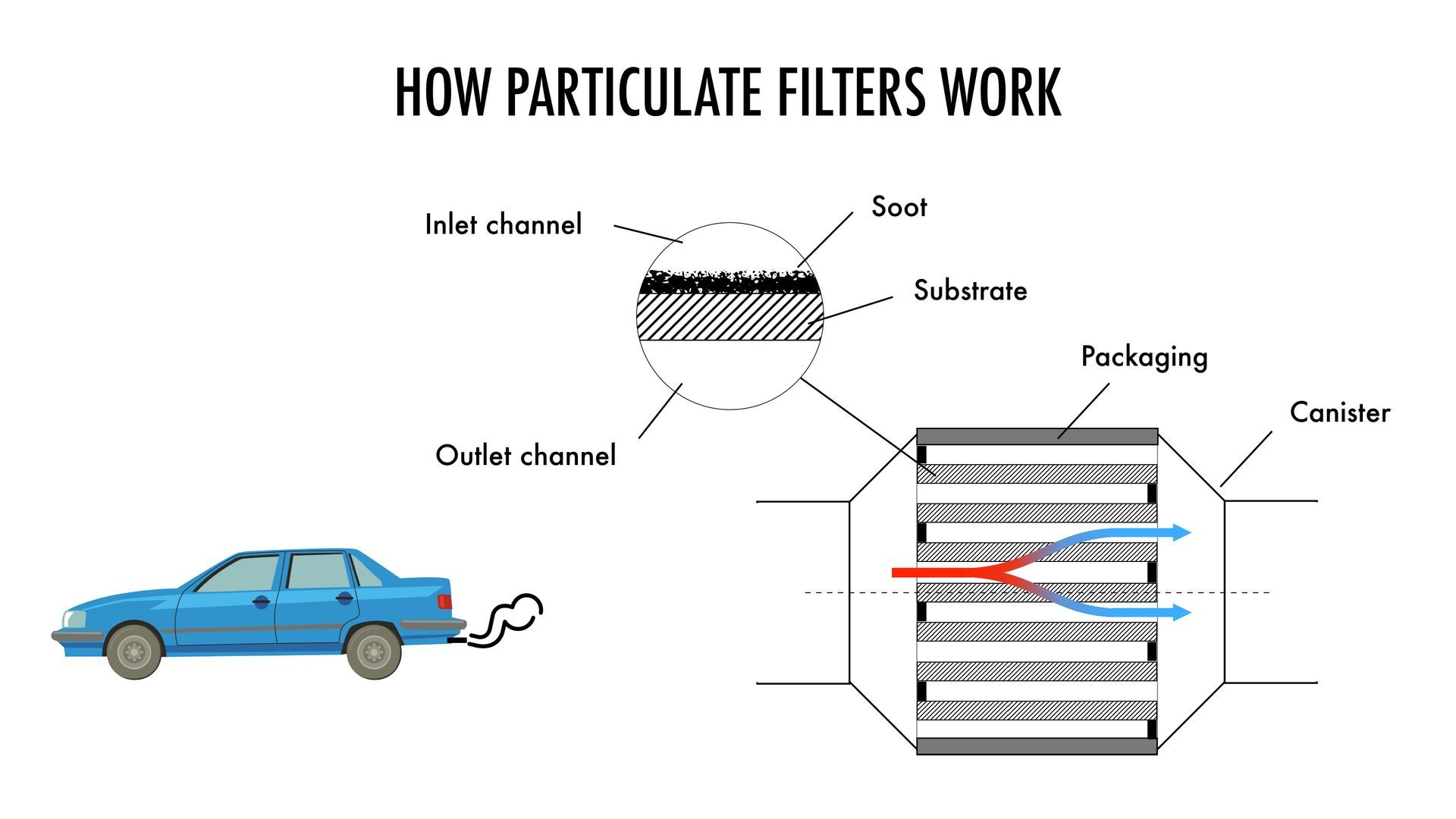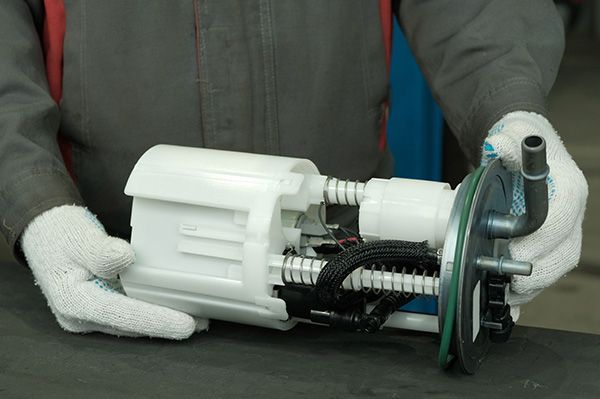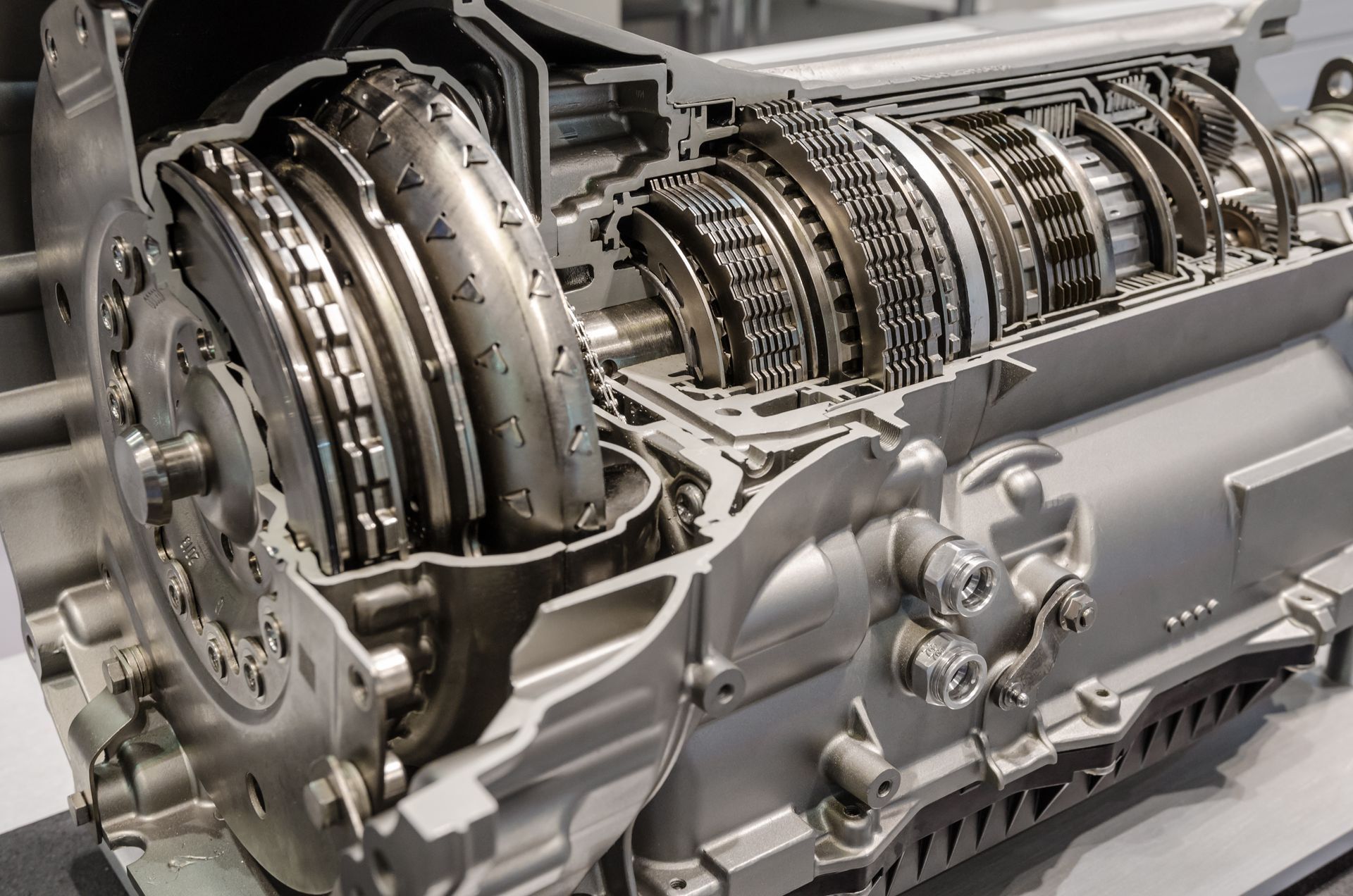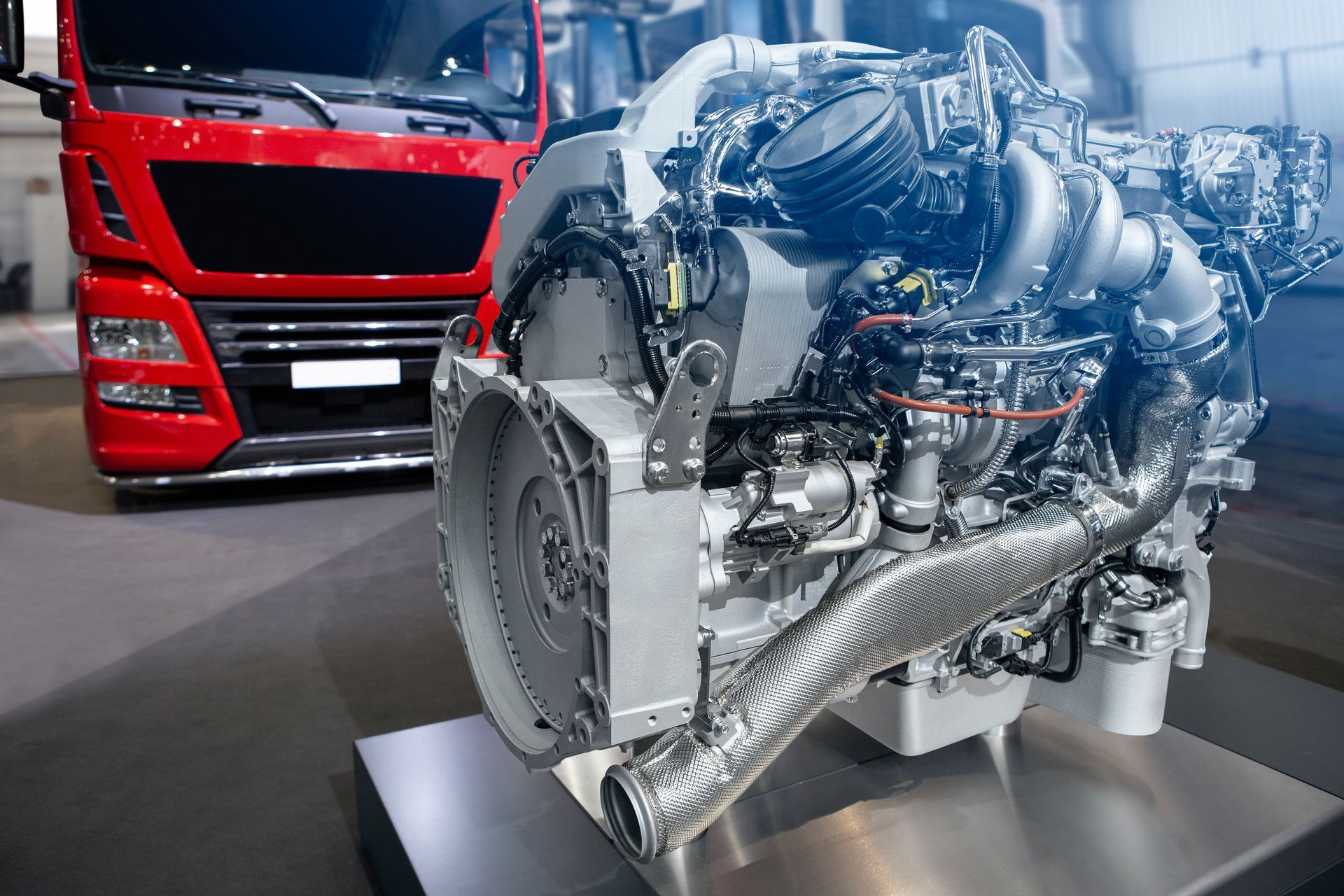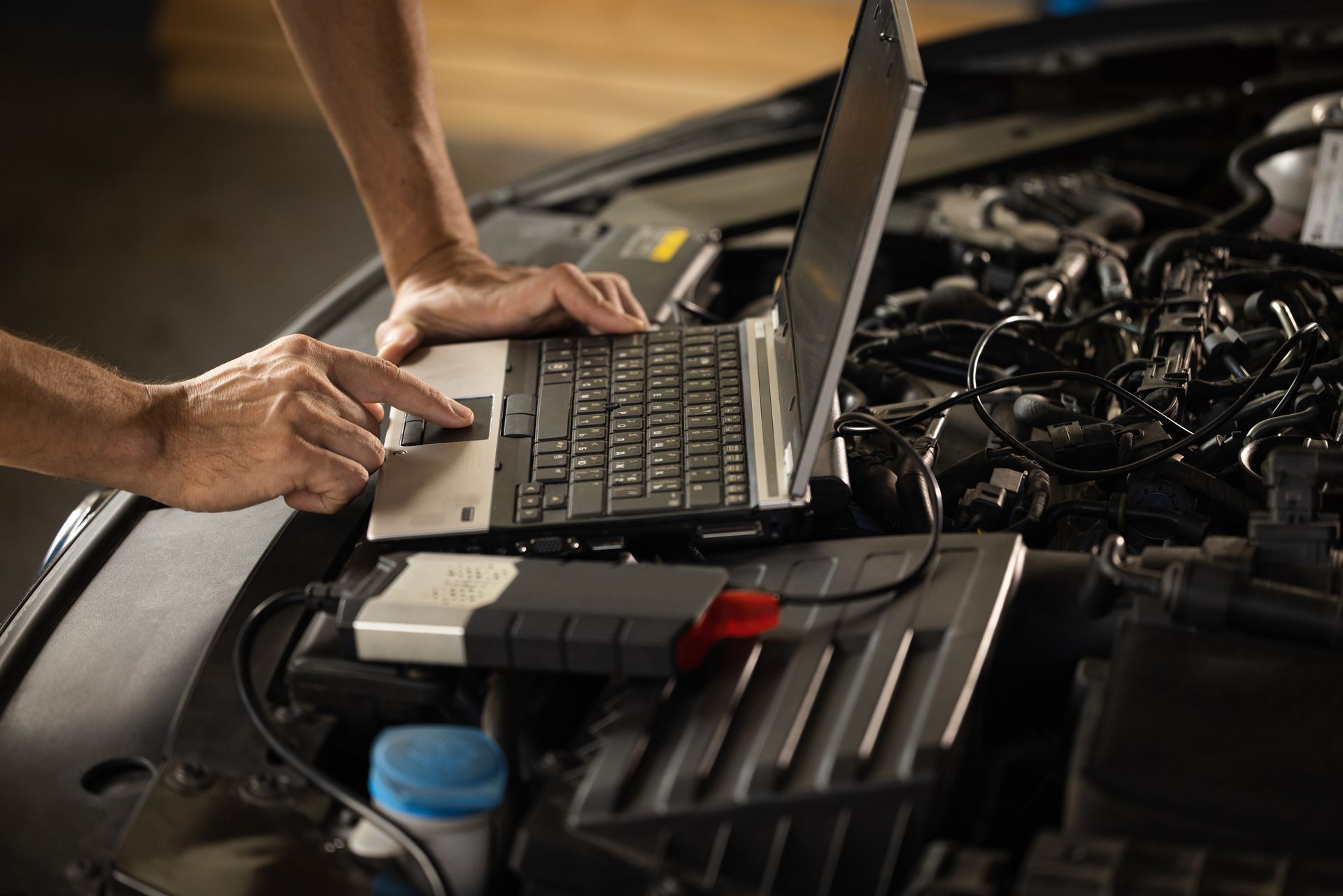Loading ...
Missing business hours data / Error occurred while getting the data.
Loading ...
Missing business hours data / Error occurred while getting the data.
Why Do Heavy and Medium Duty Vehicles Rely on Diesel Engines?
July 29, 2024
When you think of heavy-duty trucks and construction machinery, what's the first thing that comes to mind? Most likely, it's the robust diesel engine that powers these beasts. But have you ever wondered why diesel engines are the go-to choice for heavy and medium-duty vehicles? We'll examine the reasons behind this preference and explain why diesel engines are so indispensable in these demanding applications.
1. Superior Torque and Power
One of the primary reasons heavy and medium-duty vehicles rely on diesel engines is their superior torque. Torque is the force that helps your vehicle move and pull loads. Diesel engines are known for their high torque output, which is crucial for handling heavy loads and steep inclines. This means that diesel engines provide the power needed for trucks to carry large cargoes or for construction equipment to perform strenuous tasks with ease.
2. Fuel Efficiency and Economy
Another significant advantage of diesel engines is their fuel efficiency. Diesel engines generally deliver more power per unit of fuel compared to gasoline engines. This efficiency translates into longer driving ranges and reduced fuel costs, which is especially beneficial for vehicles that operate over long distances or in high-demand environments. For example, a diesel-powered truck can travel farther on a gallon of fuel compared to its gasoline counterpart, making it more economical for long-haul operations.
3. Durability and Longevity
Durability is a key factor in the choice of engine for heavy-duty applications. Diesel engines are built to withstand the rigors of constant use and harsh conditions. They are designed with more robust components and operate at lower RPMs (revolutions per minute), which reduces wear and tear over time. This durability ensures that diesel engines have a longer lifespan, making them a cost-effective choice in the long run for vehicles that need to endure continuous heavy-duty work.
4. Reliability Under Stress
Heavy and medium-duty vehicles often operate in challenging environments and under significant stress. Diesel engines are renowned for their reliability in these demanding situations. Unlike gasoline engines, which can struggle under heavy loads, diesel engines are designed to perform consistently under pressure. Their ability to handle high stress without compromising performance makes them ideal for construction sites, trucking, and other intensive applications.
5. Lower Operating Costs
Although diesel engines can be more expensive initially, their long-term operating costs are generally lower. The combination of fuel efficiency, durability, and lower maintenance requirements helps offset the higher upfront costs. Diesel engines are also less prone to problems such as overheating and breakdowns, which contributes to reduced maintenance expenses and increased uptime.
6. Emission Considerations
Modern diesel engines are designed with advanced emission control technologies to meet stringent environmental regulations. These technologies, including turbochargers, intercoolers, and selective catalytic reduction (SCR), help reduce harmful emissions while maintaining the engine's performance and efficiency. This makes diesel engines more environmentally friendly than ever before, aligning with regulatory standards while delivering the power needed for heavy-duty applications.
7. Adaptability and Versatility
Diesel engines are versatile and can be adapted to various applications beyond just trucks and construction equipment. They are used in generators, marine vessels, and even agricultural machinery. This adaptability is due to their ability to provide consistent power and efficiency across different types of equipment, making them a versatile choice for various industries.
Ready to upgrade or maintain your diesel vehicle? Contact
Riley's Auto & Diesel Repairs LLC for expert service. Our experienced technicians are here to ensure your diesel engine runs smoothly and efficiently. Call us today to schedule an appointment!
Loading ...
Missing business hours data / Error occurred while getting the data.

Loading ...
Missing nap lines data / Error occured while getting the data.


